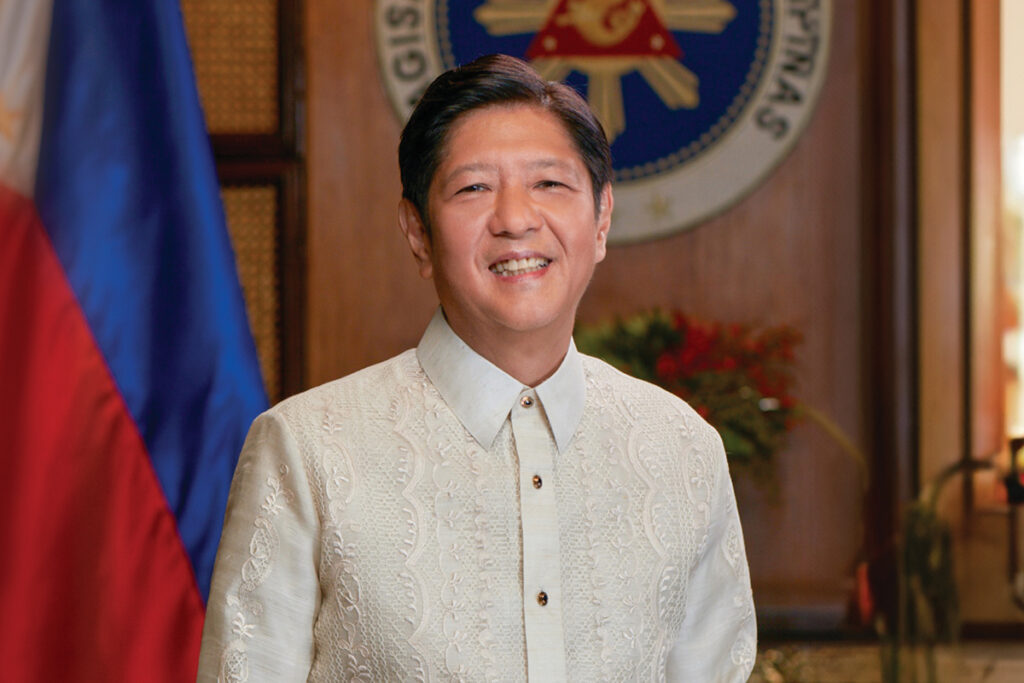Marcos: ETEEAP Law Opens Pathway to Degrees for Millions of Skilled Filipinos

Manila, The Gulf Observer: President Ferdinand R. Marcos Jr. on Tuesday hailed the Expanded Tertiary Education Equivalency and Accreditation Program (ETEEAP) Act as a game-changer in democratizing access to higher education for millions of hardworking Filipinos who were unable to complete college through traditional means.
Speaking at the ceremonial signing of the ETEEAP law’s Implementing Rules and Regulations (IRR) held at Malacañan Palace, Marcos underscored the importance of recognizing real-world experience and self-taught skills as legitimate pathways toward earning a college degree.
“Many of our countrymen had to give up their education to work for their families, support their siblings, or serve as heads of households,” the President said. “But their intelligence, resourcefulness, and determination remained intact. Through the ETEEAP Act, they can now use their experiences to earn a diploma.”
Signed into law in March 2025, the ETEEAP Act offers a formalized system that converts practical competencies gained through work, informal training, or self-learning into academic credits, giving skilled workers such as caregivers, mechanics, technicians, and entrepreneurs a second chance at earning a degree.
“This law recognizes that learning is not always linear and that intelligence comes in many forms,” Marcos said. “It brings dignity to the skills that people have mastered outside the classroom and affirms their value in today’s economy.”
A key provision of the law allows for enrichment support to help applicants meet professional and academic standards, while encouraging higher education institutions (HEIs) to adopt flexible modalities such as online learning to accommodate diverse learners.
Marcos emphasized that the law not only results in significant financial savings for learners but also opens “doors to higher positions, better income, and more professional opportunities.”
Calling the measure a “lifeline,” he directed the Commission on Higher Education (CHED) and other partner agencies to closely monitor the implementation and ensure it reaches those who need it most.
“Monitor our deputized HEIs and ensure that this law benefits those it was created for,” the President concluded.
The ETEEAP Act is a bold step toward creating a more inclusive and equitable education system, reflecting the administration’s commitment to lifelong learning and workforce empowerment.


